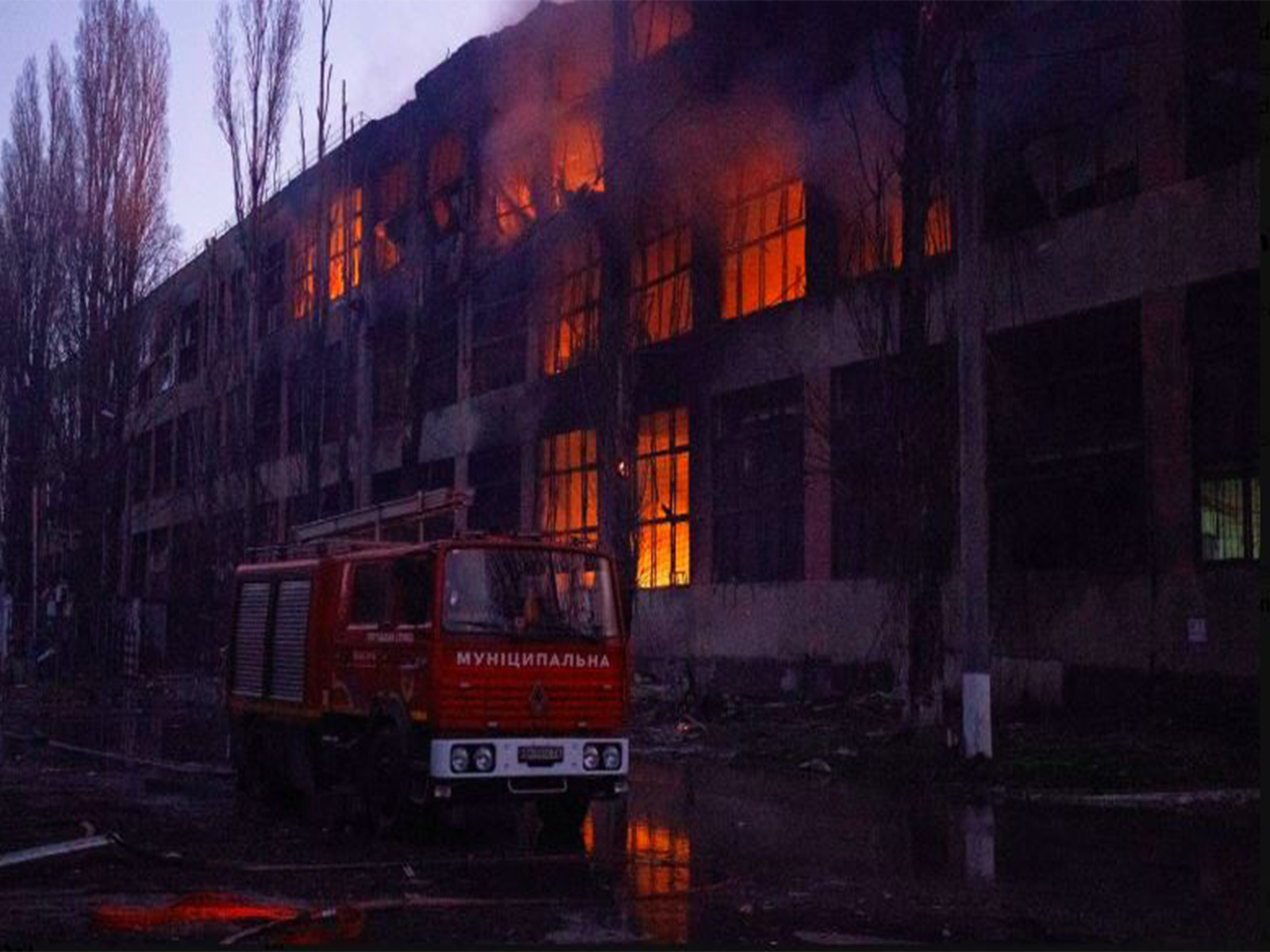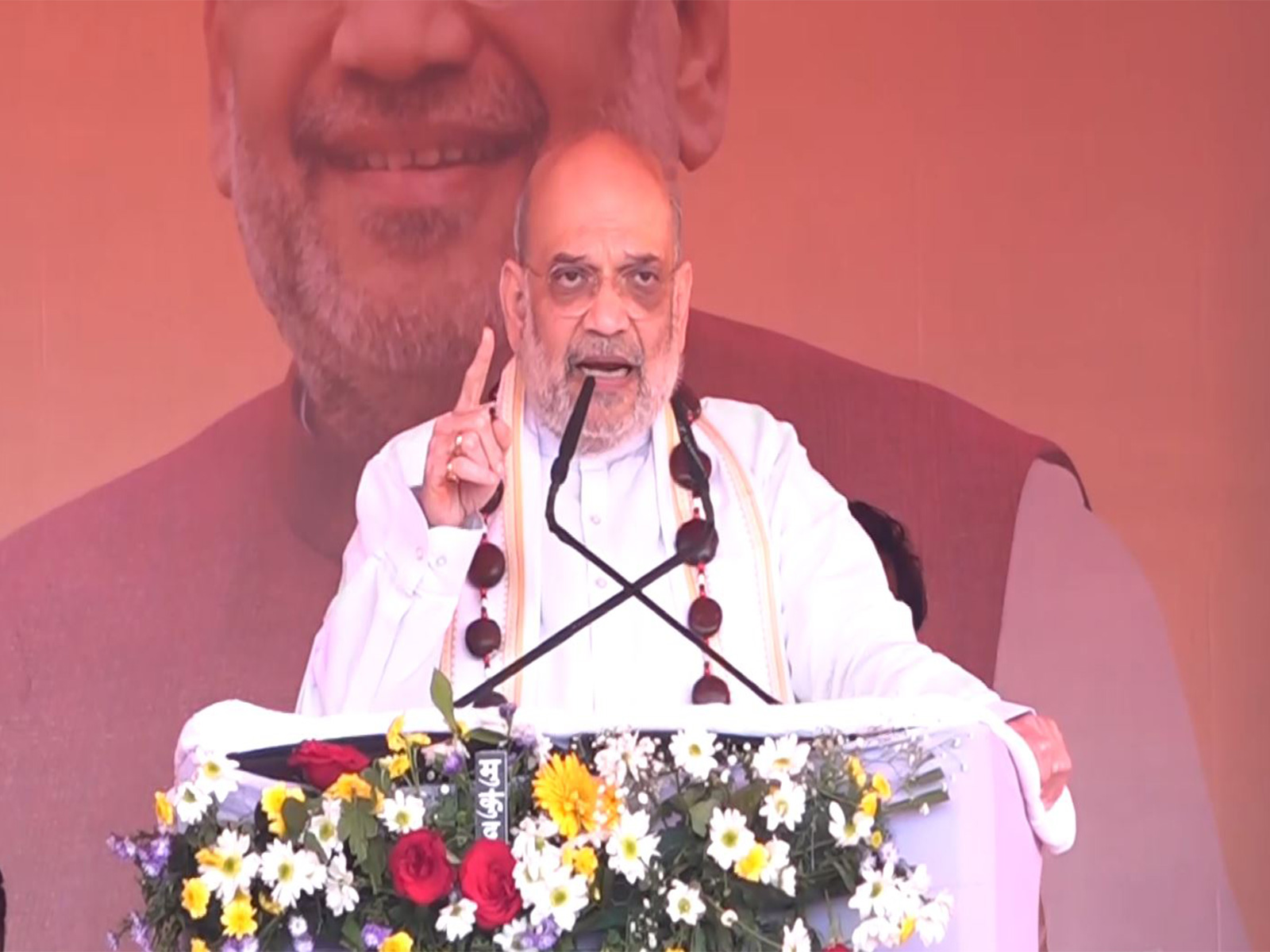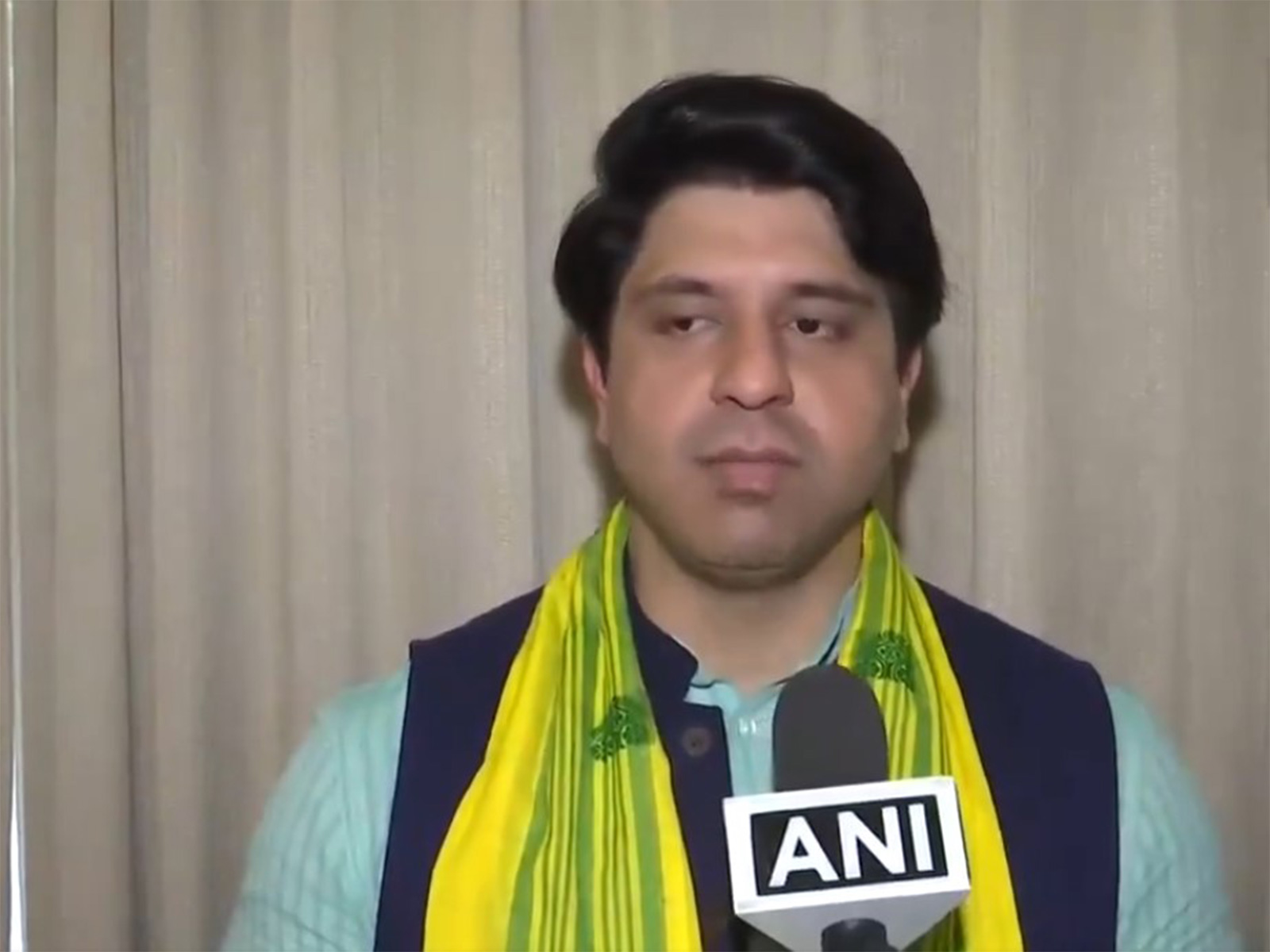World Sindhi Congress' highlights issue of enforced disappearances in Sindh during session with UN working group
May 15, 2020

London [UK], May 15 : A delegation of World Sindhi Congress (WSC) attended a virtual session of the United Nations' Working Group on Enforced and Involuntary Disappearances (WGEID) during which they highlighted the incidents of enforced disappearances in Sindh.
The conference took place on Wednesday during which WSC's Saghir Shaikh did a detailed presentation on the case of enforced disappearances in Sindh.
He explained that the enforced disappearances in Sindh continue unabated for political workers, teachers, journalists and students who raise voice for their democratic, political, economic, environmental and human rights.
Shaikh highlighted that these abductions are carried out by the intelligence agencies, ISI and Military Intelligence (MI) together with Rangers and police.
Although, some have been released but physically and mentally scared together with pain for the families particularly for the women of the missing. Despite the enormous protest, campaigns and petitions in the courts the practice continues with impunity.
The delegation requested to send the WGEID team to visit Sindh to ascertain the issue and talk to those who have directly suffered.
The Chair Reporter of the WGEID, Luciano A Hazan, assured that they will continue their best efforts for the release of all the missing persons and the practice to get stopped. The delegation thanked the WGEID for their support and guidance. In conclusion, it was agreed to work in mutual coordination and consultation in order to raise and resolve the issue of missing person in Sindh effectively.
According to the Commission of Inquiry on Enforced Disappearances, an entity established by the Pakistani government, about 5,000 cases of enforced disappearances have been registered since 2014. Most of them are still unresolved.
Independent local and international human rights organisations put the numbers much higher. Around 20,000 have reportedly been abducted only from Balochistan, out of which more than 2,500 have turned up dead as bullet-riddled dead bodies, bearing signs of extreme torture.
Before being elected as prime minister, Imran Khan had admitted in multiple interviews about the involvement of Pakistan's intelligence agencies in enforced disappearances and extrajudicial killings and vowed to resign if he was unable to put an end to the practice, holding those involved responsible.


















